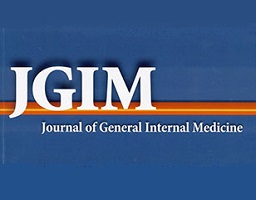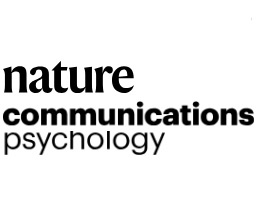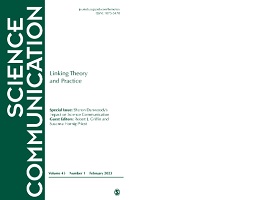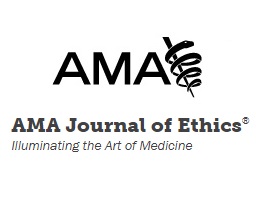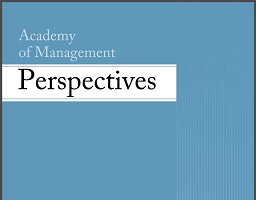Conflicts of interest (COIs) threaten the integrity of the medical field due to their capacity to compromise patient trust and healthcare quality. They deserve continued scrutiny but proposed policies to address COIs—ranging from penalties to mandated disclosures—often rest on misguided intuitions about the underlying psychological processes, leading to ineffective or even counterproductive outcomes.
The shortcomings of such policies have ignited calls for a greater focus on intrinsic values. A defining characteristic of medical professionalism is prioritizing patient well-being over personal interests. Such professionalism, however, may not rectify problems that arise when economic interests sway physicians from placing patients first. Research indicates that a high sense of professionalism can paradoxically contribute to greater unethical behavior. Through “deep professionalism,” physicians can reach a more accurate understanding of the psychological processes that shape their self-perceptions and engage in greater patient-centric behavior.
